By Sophia Ruiz, Founder/CEO
The lymphatic system is probably one of the most under-appreciated body systems. Research is really only just beginning on the lymphatic system and how it impacts health and wellness.
But, what researchers have found so far is pretty profound and really emphasizes just how important healthy lymphatic function is – not only for overall health, but especially for skin health.
And when you dig a little bit deeper, the effects that lymphatic function can have on the skin might even be involved in acne.
Let’s dive a little bit deeper!
What is the lymphatic system?
To start, it’s important to understand what the lymphatic system is: an often over-looked, under-appreciated part of the body’s circulatory system. It contains lymph, a type of fluid that surrounds the cells of our body, which is moved around the body by lymphatic vessels. Lymph is drained to structures around the body called lymph nodes and lymphatic system organs like the thymus and the spleen, where these organs help coordinate our immune function and disposal of waste from our cells.
What does the lymphatic system do for our health?
The lymphatic system is super important for overall health, and for a few reasons.
Probably the number one reason why it’s so important is that it helps drain away inflammatory mediators after active inflammation.
The lymphatic system and inflammation
Inflammation is the body’s active means of fighting off foreign invaders in the body. During inflammation, the body transports immune cells and signaling molecules to help keep inflammation going until the foreign invader is effectively contained.
After this point, the body transports the immune cells and any cellular debris/waste that accumulated during the inflammation process away from the affected area and out of the body. This is called acute inflammation and is essential for us staying alive!
But, when these cells and waste aren’t properly transported out and, instead, hang around in the area, they can actually maintain inflammation longer than is necessary.
When this happens, inflammation that was once intended to be acute turns chronic. This chronic inflammation can then eventually result in damage to our cells (not good!). So, transporting these inflammatory “mediators” out of affected areas is super important for maintaining optimal health.
Here’s how this connects to the lymph: the lymphatic system is one of the major transport systems of these mediators. Not surprisingly, studies have found a direct relationship between poor lymph flow and chronic inflammatory states.
Put simply: without proper lymphatic flow, we increase our risk of chronic inflammation.
The lymphatic system and the immune system
The other reason why it’s so important: optimal lymphatic flow is necessary for optimal function of our immune system.
Lymph fluid and lymphatic vessels are necessary for two important steps of immune function:
- They carry “messages” of a foreign invader in the body to lymph nodes, where the immune system can then act accordingly.
- After these messages have been presented to lymph nodes, immune cells responsible for fighting foreign invaders are activated. These immune cells then migrate to the foreign invader through the lymphatic vessels.
So, lymphatic health is important for both supporting our body’s defense against microbes (like bacteria and viruses) as well as preventing inflammation from turning chronic (when it becomes harmful) – two super important roles in our optimal health.
A lot of times, we think of these things – inflammation and immune function – and we think of things like fighting infections or inflammation in somewhere like the gut or respiratory system. But, in reality, proper immune function and keeping inflammation to a minimum is just as important for keeping the skin healthy as it is the rest of the body… especially when it comes to acne.
How is the lymphatic system involved in acne?
There is no research that has explored a direct link between acne and lymphatic function. By that, I mean, no researchers have ever looked at the lymphatic function of those of us who struggle with acne. But, because of what we know about acne and how it forms and how the lymphatic system affects the skin, it’s safe to assume lymphatic health could definitely contribute.
Here’s why.
Inflammation and acne: the real reason we get breakouts
Most of the time, when we think of acne, we think: bacteria and clogged pores. But, the truth is, low-grade inflammation is the first step to acne formation, even before bacterial overgrowth or pore clogs even enter the picture.
There are many, many reasons why low-grade inflammation in the skin might happen. In a lot of cases, the lymphatic system may not play a role at all. At the same time, the lymphatic system does play a crucial role in resolving inflammation. In fact, studies in animals have shown that after blocking proper lymphatic function, inflammation soon follows. Similarly, restoring proper lymphatic function then resolves inflammation.
Not surprisingly, researchers have found that lymphatic vessels in inflammatory skin conditions like psoriasis are dysfunctional. This suggests that poor lymphatic flow may, at the very least, contribute to the chronic inflammation seen in conditions like psoriasis.
Taking all of this into account, we can see that lymphatic dysfunction clearly plays a role in skin inflammation. And while we don’t have any data on its role in acne, we know that even small amounts of chronic inflammation can contribute to breakouts. And if we know the lymphatic system can have a significant effect on inflammation, it’s very well possible that it may (at the very least) contribute to skin inflammation that we know causes breakouts.
But, even beyond preventing acne formation, the lymphatic system might also play a role in reducing acne severity when spots do pop up.
Acne and the immune system: the role of the lymphatic system
Suppression of the skin’s immune system is believed to increase the severity of acne. If inflammation is what controls the formation of acne, our skin’s ability to detect and kill bacteria is what controls the severity of acne spots that do pop up.
Better immune function of the skin = less severe spots, suppressed immune function of the skin = more severe (even cystic) spots.
I like to think of this like a smoke detector.
If a smoke detector (your immune system) is highly sensitive, it will pick up smoke from something burning on the stove (your skin). You’ll rush into the kitchen – maybe your pan is burnt and you have to throw out the food you were cooking, but there’s no major damage. On the other hand, if your smoke detector is only sensitive enough to pick up large amounts of smoke, by the time you hear the smoke alarm, there’s a fire. Crisis mode.
This is exactly what happens in acne. When the immune system of the skin is impaired, it doesn’t properly recognize the early stages of bacterial growth. By the time the skin’s immune cells do recognize the bacterial overgrowth, it realizes “oh no, there’s a TON of bacterial overgrowth here” and goes into panic mode. The result: a large, cystic pimple that can take a while to heal.
With an optimally-functioning skin immune system, you may still get a breakout, but it’s small, mild, and goes away quickly.
And because we know the lymphatic system plays a significant role in transporting cells to fight bacterial overgrowth, poor lymphatic function can undoubtedly interfere with our skin’s ability to keep acne-causing bacteria in check.
Of course, there can be other factors that influence our skin’s ability to keep inflammation to a minimum and optimize immune function, but the lymphatic system’s role here is undoubtedly important and definitely worth considering if you deal with acne.
But, the lymphatic system’s effects go beyond just the skin itself when it comes to acne. Optimal lymphatic system flow may also play a role in supporting healthy hormones.
Can the lymphatic system affect our hormones?
The lymphatic system isn’t just exclusive to the skin. Every organ in your body has its own lymph and needs proper lymph drainage to function properly. This includes the ovaries.
Because we know that optimal lymphatic flow is important for reducing and preventing chronic inflammation, optimal lymphatic flow within the ovaries is just as important for preventing inflammation in the ovaries as it is for preventing inflammation in the skin (or any other organ in the body).
And as it turns out, keeping inflammation to a minimum in the ovaries may also be important for healthy hormones (and, as a result, hormonal-type breakouts) – in specific, for cases of high male hormone production in women, sometimes as part of a condition called polycystic ovarian syndrome (PCOS). This is the most common hormone imbalance that we see in acne.
So, what do the ovaries and inflammation and the lymph have to do with hormone imbalances? Well, in studies on women with PCOS, researchers have found evidence of both 1) inflammation throughout the whole body as well as 2) inflammation in the ovaries specifically. This ovarian inflammation is believed to contribute to the production of excess male hormones in PCOS, with studies showing as inflammation in ovarian cells goes up, so does the production of male hormones.
These male hormones produced in the ovaries can then be absorbed into the blood and travel to the skin, where they can lock onto receptors that cause hormonal acne.
Connecting this back to the lymph, if an optimally-functioning lymphatic system is important for reducing chronic inflammation, it’s very well possible that reduced lymph flow in the ovaries could contribute to ovarian inflammation, just like it does in the skin. And if ovarian inflammation is both seen and a contributor to male hormone excess in PCOS, it’s possible that poor lymph flow in the ovaries could, at the very least, exacerbate the hormone imbalances we see in PCOS (and, as a result, hormonal acne).
The lymphatic system and PCOS: a connection to hormonal acne?
Interestingly, researchers have actually performed proteomic analyses (aka looking for proteins and their amounts) on the ovarian fluid of women with PCOS and found evidence that the lymphatic system might actually be impaired.
LYVE1, a receptor in the walls of lymphatic vessels, contributes to the growth of new lymph vessels (which, in turn, helps support optimal lymphatic flow). In the ovarian fluid of women with PCOS, LYVE-1 is lower than normal, suggesting the growth of new lymphatic vessels might be impaired. And because the growth of new lymphatic vessels in a major contributor to optimal lymph function, and optimal lymph function is necessary for reducing inflammation, it’s very well possible that lower lymphatic function might contribute to ovarian inflammation in PCOS.
This lines up with the more traditional perspective of pelvic "congestion" contributing to hormonal disorders and hormonal acne.
According to some herbalists, congestion in pelvic area is believed to “reflex” onto the jawline, showing up as “congestion”, a.k.a breakouts. This mirrors exactly what we see in hormonal acne! It also provides an energetic link between poor lymphatic flow (congestion) in the ovaries (pelvic region) causing hormonal imbalances that then reflex onto hormonal acne regions on the skin (the jawline). I always find it so fascinating how age-old traditional perspectives on the body often line up with what we see in clinical research!
Putting all of the pieces together, we see a picture begin to form: the lymphatic system both in the skin itself and throughout the body may play a role in both acne formation and acne severity.
But, what causes impaired lymph flow? Is there a reason why the lymphatic system would stop functioning optimally?
What leads to impaired lymphatic flow?
There are many reasons why the lymphatic system might become dysfunctional. Some influences can cause severe lymphatic dysfunction (resulting in a condition called lymphedema) – things like obesity, radiation treatment, or lymph node removal. There are also less prominent factors that may result in much less severe lymphatic dysfunction, but dysfunction that’s possibly still relevant to skin health. After all, the goal isn’t just to prevent severe lymphatic disease, it’s also to optimize our lymphatic health in a way that translates to our skin.
Some of these less prominent, but still relevant factors include:
Increased cholesterol levels
Increased cholesterol levels have been shown to interfere with optimal lymphatic function by damaging the lymphatic cell walls. Various studies have found acne patients tend to have higher levels of cholesterol compared to individuals without acne!
Too much copper
Oxidative stress (aka damage by free radicals), which can be caused by excess copper, lowers lymph flow. As a result, excess copper’s effect on free radical damage may contribute to poor lymphatic function.
It’s important to note that elevated copper levels are rare. But, they might be more common in both women and women who deal with acne, even it’s generally uncommon in the general population as a whole. The reason: copper levels in the blood are increased in PCOS and may be increased in some copper IUD users. Use of IUDs (whether copper or hormonal) in general have been associated with an increased risk of developing acne or increased acne severity. In the case of the copper IUD, copper’s effects on lymphatic function may be why!
Interestingly, one study also found that the follicular fluid (fluid inside the ovaries) of women with PCOS contained higher copper levels than follicular fluid from women without PCOS. They also found that the levels of copper were correlated with testosterone levels – as copper levels increased, so did the levels of testosterone. This mirrors what we talked about earlier: poor lymph flow leading to or worsening ovarian inflammation, leading to excess male hormone production.
Considering all of this, it’s possible that excess copper may play a role in poor lymph flow throughout the body but also in the ovaries themselves, where it may then contribute to hormonal imbalances.
Not enough movement
The lymphatic system is 2-3x more active during exercise than when the body is at rest. Movement is key to supporting lymphatic health!
Leaky gut
When the gut becomes “leaky” (increased permeability of the intestinal lining), bacterial membranes, called lipopolysaccharides or endotoxins, can leak out into the lymphatic system. In animal studies, these endotoxins have been shown to drastically reduce lymphatic flow. Not surprisingly, studies have shown that the presence of leaky gut is more common in acne patients vs. individuals without acne, possibly (in part) because of an effect on lymphatic function!
What are some signs of lymphatic dysfunction?
When the lymph is backed up, I find that breakouts usually occur around lymphatic drainage points and lymph nodes: under the jawline, under the chin down the sides of the neck, in front of the ears, behind the ears, and in the center of the chest.

Because of the possible role of lymphatic health in hormone balance, it’s also very well possible that breakouts in these places might overlap with breakouts along the jawline, which are often related to hormone imbalances.
How to support the lymphatic system
#1. Movement
There are many ways to increase lymph flow. But, probably the most effective is also the simplest: movement. Studies show that the lymphatic system is 2-3x more active during exercise compared to when at rest. This applies to both resistance training and cardio! But, because increased lymph flow tends to stay relatively stable over the period of a workout whether it’s resistance- or cardio-based, it’s possible that longer workouts could mean more benefits for lymphatic health (simply because lymph flow is increased for a longer period of time). I personally find that walking for 30 minutes to an hour, 1-2x per day is where I feel the most benefit for my lymph (sometimes, I’ll even feel my spleen start to drain after a long walk!).
#2. Heat
Another simple, low-cost intervention that you can implement is heat. Studies show that exposure to 40 degrees C / 104 degrees F and infrared sauna bathing has the potential to increase lymph flow. Whether in the an infrared or traditional sauna, a hot shower, or bath, heat can help enhance lymph flow. Personally, I find this is really effective for me. I always feel super clear-headed and energized after any sort of heat therapy – possibly in part because of increased lymph drainage.
#3. Herbs
Herbs are also widely used to support the lymphatic system, but there isn’t much research documenting their effects. Nonetheless, herbs are a magic in their own right and have been used to support the lymph for hundreds, even thousands, of years.
Some of the most well-known herbs to support lymphatic health are calendula, cleavers, echinacea, red root, and figwort. Other herbs that aren’t often used for the lymphatic system, but are still great are peppermint, citrus peels, and sarsaparilla.
#4. Support healthy cholesterol
Supporting healthy cholesterol levels is an essential part of optimizing lymph health. Omega-3 fatty acids (I like to get mine from flaxseed oil and algae-based EPA/DHA), fiber (especially oats), antioxidants, and vitamin C (around 500 mg/day) have all ben shown to support healthy cholesterol levels. Hypothyroidism is also a major cause of elevated cholesterol, which may need to be resolved for healthy lymph flow.
#5. Manual lymphatic drainage techniques
Manual lymphatic drainage is also a commonly-used modality, through massage, gua sha, or dry-brushing, that has some research behind it. I personally prefer to dry brush because I find it to be the most effective, although self-massage works great, too!
Manual lymphatic drainage, in whichever way you choose to do it, should always be directed towards the heart. General recommendations also suggest you should aim for 20-30 strokes per minute, but any sort of manual manipulation at any pace should help drain the lymph. Experts also recommend pumping the lymph nodes prior to lymphatic drainage to prepare the lymph nodes to receive fluid.
#6. Castor oil
Applying castor oil or using castor oil packs may also support lymphatic flow. Thi is because castor oil contains high levels of a unique fatty acid called ricinoleic acid.
Ricinoleic acid has been shown to activate a receptor called the EP3 receptor. When activated, this receptor has been shown to increase the growth of lymph vessels, helping to enhance lymph flow in congested areas. In this same way, using castor oil over the pelvic region may help reduce congestion by enhancing lymphatic flow.
Castor oil packs should never be used during pregnancy, during your period, or if you have a bleeding disorder.
Note: Personally, I’d also advise against using castor oil on the face, simply because activating the EP3 receptor can aggravate inflammatory acne. Supporting lymph flow around the face/neck is better suited to things like massage (always with oils), heat application (like hot toweling), and exercise.
#7. A nutrient rich diet
A nutrient-dense diet – one that makes sure you’re getting plenty of vitamin A and zinc is super important. The reasoning: 1) vitamin A has been shown to increase the production of lymphatic vessels that help enhance lymph flow (I did a big write up on vitamin A that you can read through here!) and 2) zinc helps protect against copper toxicity that might interfere with lymph function. Molybdenum is also important for maintaining healthy copper levels.
My experience with lymphatic healing
After trying many of these modalities for my own lymph health – herbs, a healthy diet, manual lymphatic drainage, etc., I’ve found heat application and movement to be the most effective of any modalities I’ve tried and have provided the most immediate relief. Herbs have definitely helped (I would say cleavers and echinacea especially) and dry brushing has definitely been helpful, but not nearly as helpful as heat and exercise.
Things to note when supporting the lymph
When you start to support your lymphatic system, especially if it’s been sluggish for a while, you may experience some skin purging. This is the immune system becoming better at recognizing the early stages of bacterial overgrowth – when it would normally fail to recognize it. As a result, more mild acne spots may pop up, but it should prevent more severe cystic spots, leading to clearer skin going forward!
And you probably already know this, but it’s always important to check with your doctor before trying any supplements, herbs, or protocols to support your lymph!
Lastly, it’s important to keep in mind that while lymphatic health is important, it’s not always impaired and isn’t always a root cause issue for acne. It can also be one of many contributing factors, meaning you may not see dramatic results in your skin until you effectively resolve other factors involved (like skin barrier repair, nutrient deficiencies, etc.).
I hope you found this article helpful! If you have any questions / comments, please let me know below!
References
- https://www.ncbi.nlm.nih.gov/pmc/articles/PMC6399417/
- https://www.ncbi.nlm.nih.gov/pmc/articles/PMC4397130/
- https://pubmed.ncbi.nlm.nih.gov/24062871/
- https://www.ncbi.nlm.nih.gov/pmc/articles/PMC6399417/
- https://pubmed.ncbi.nlm.nih.gov/35472833/
- https://www.ncbi.nlm.nih.gov/pmc/articles/PMC6855291/
- https://www.ncbi.nlm.nih.gov/pmc/articles/PMC5393508/
- https://www.ncbi.nlm.nih.gov/pmc/articles/PMC8262609/
- https://pubmed.ncbi.nlm.nih.gov/30618529/
- https://www.ncbi.nlm.nih.gov/pmc/articles/PMC9179518/
- https://pubmed.ncbi.nlm.nih.gov/3425736/
- https://pubmed.ncbi.nlm.nih.gov/15974632/
- https://www.ncbi.nlm.nih.gov/pmc/articles/PMC3430062/
- https://pubmed.ncbi.nlm.nih.gov/28127644/
- https://www.ncbi.nlm.nih.gov/pmc/articles/PMC3384204/
- https://www.ncbi.nlm.nih.gov/pmc/articles/PMC5713839/
- https://www.ncbi.nlm.nih.gov/pmc/articles/PMC3357957/




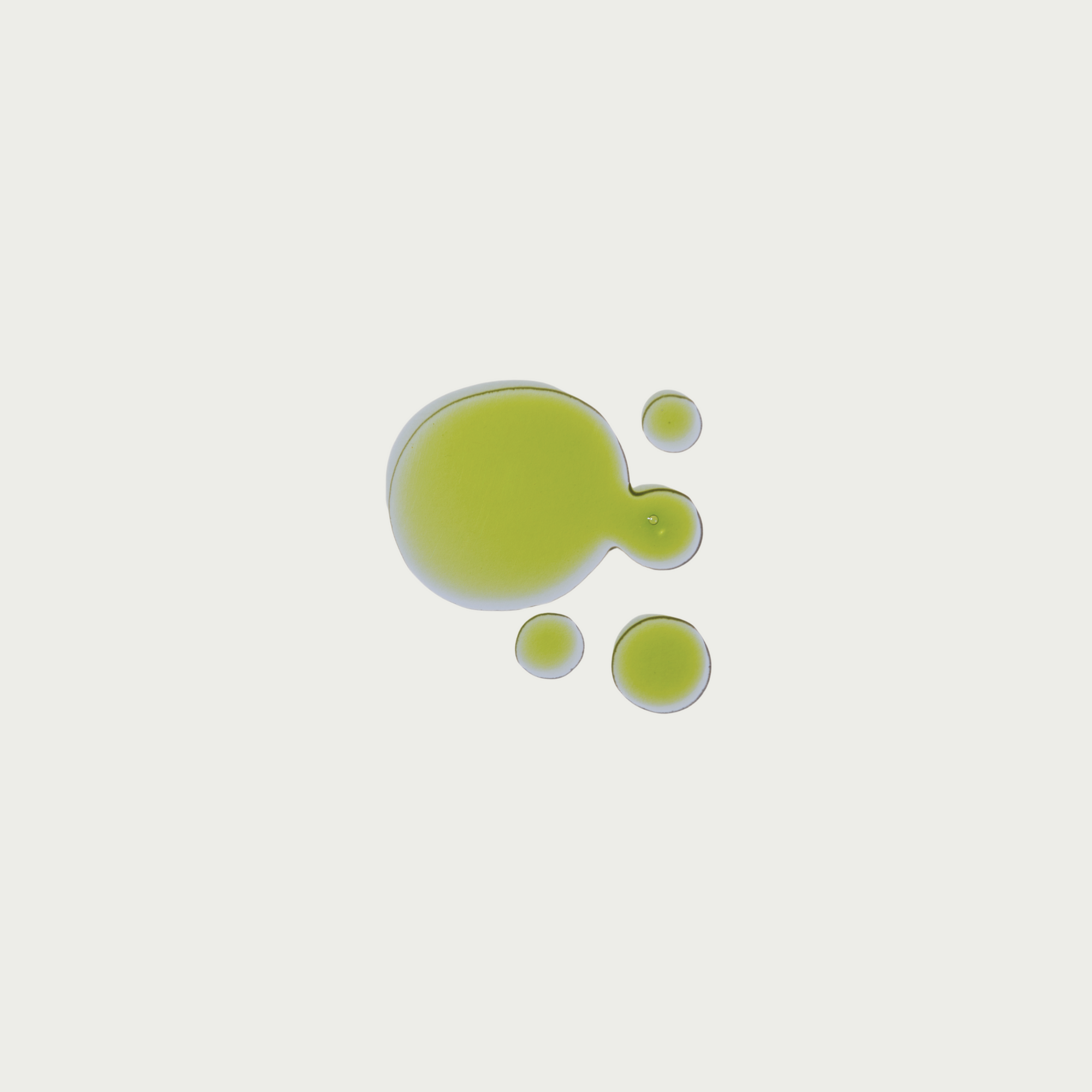
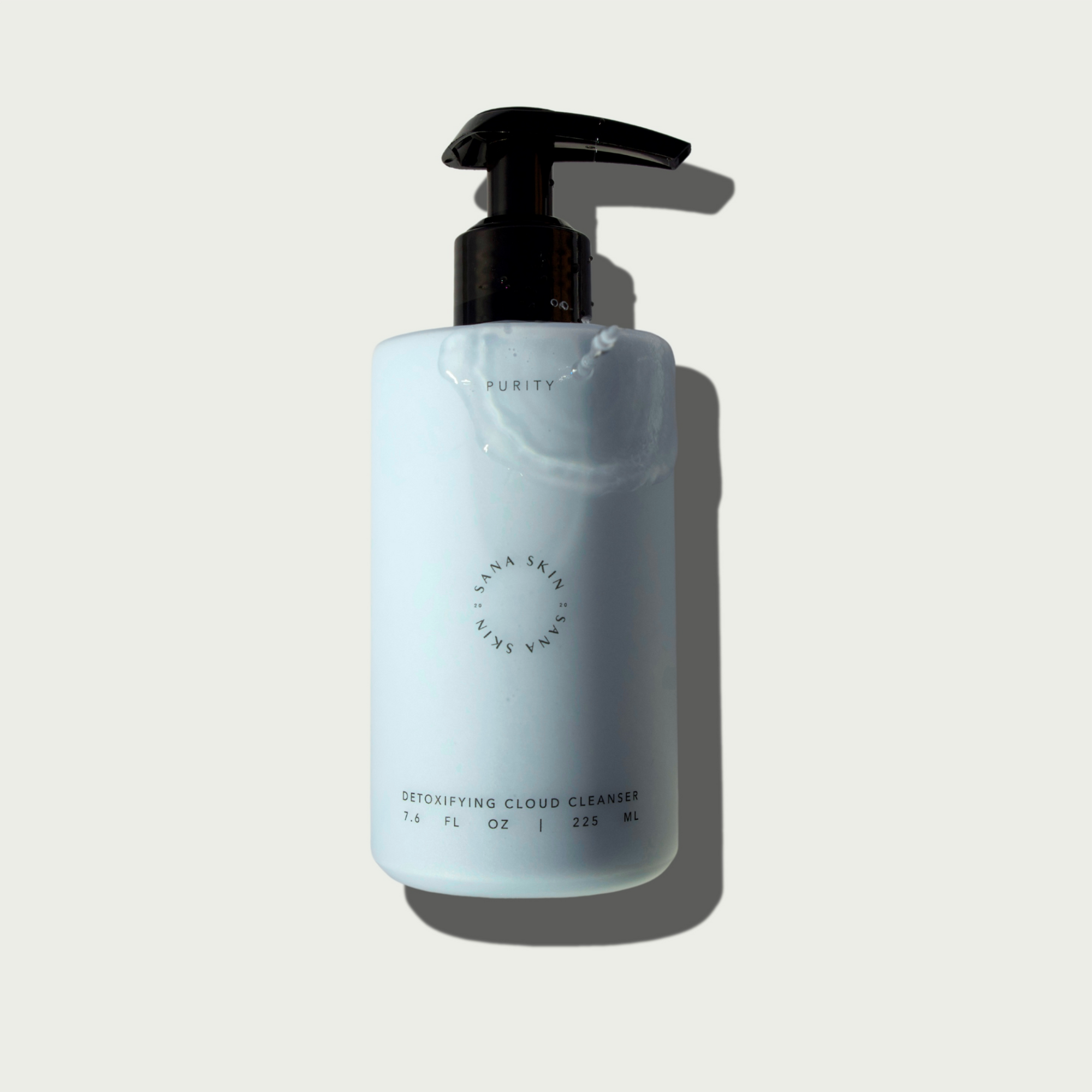
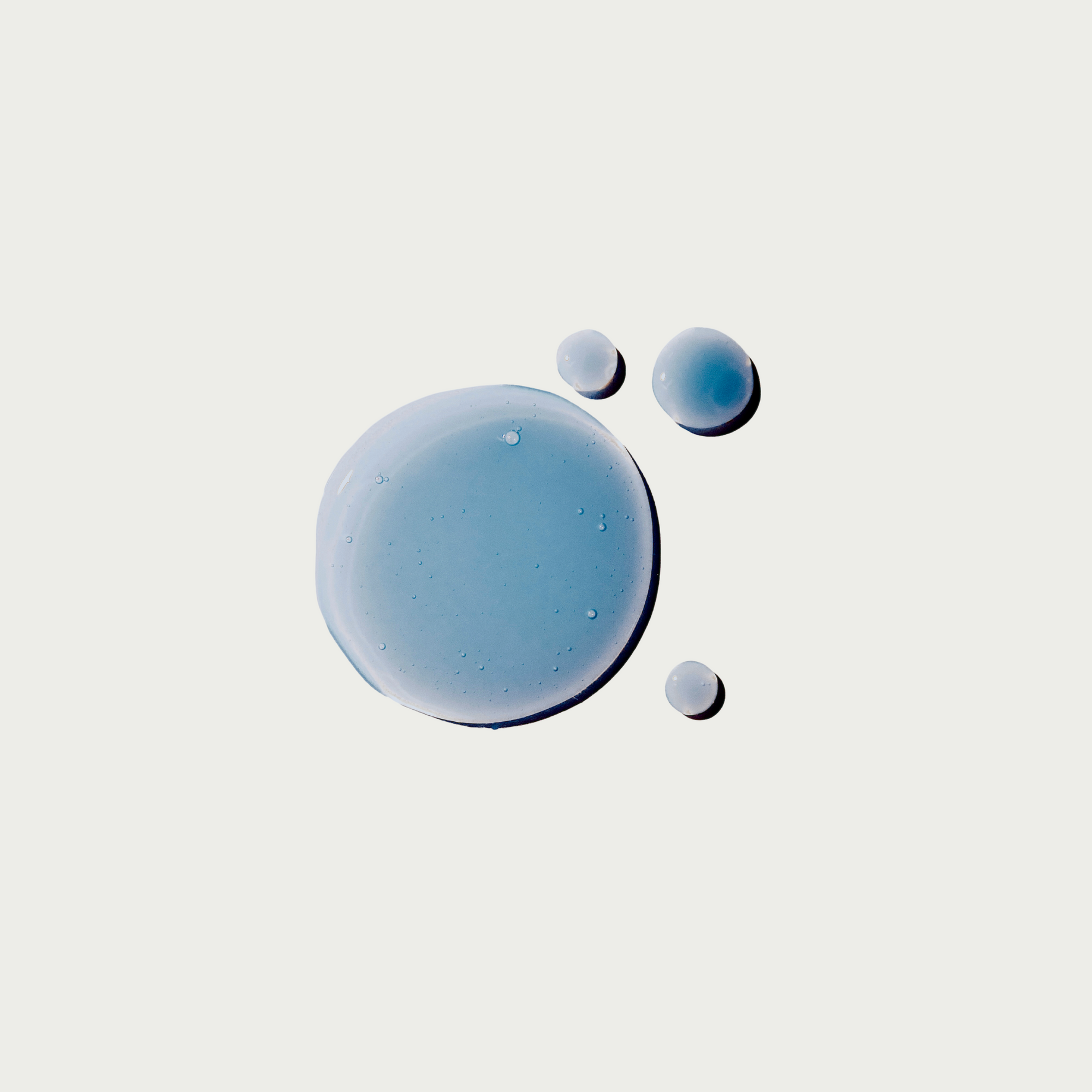
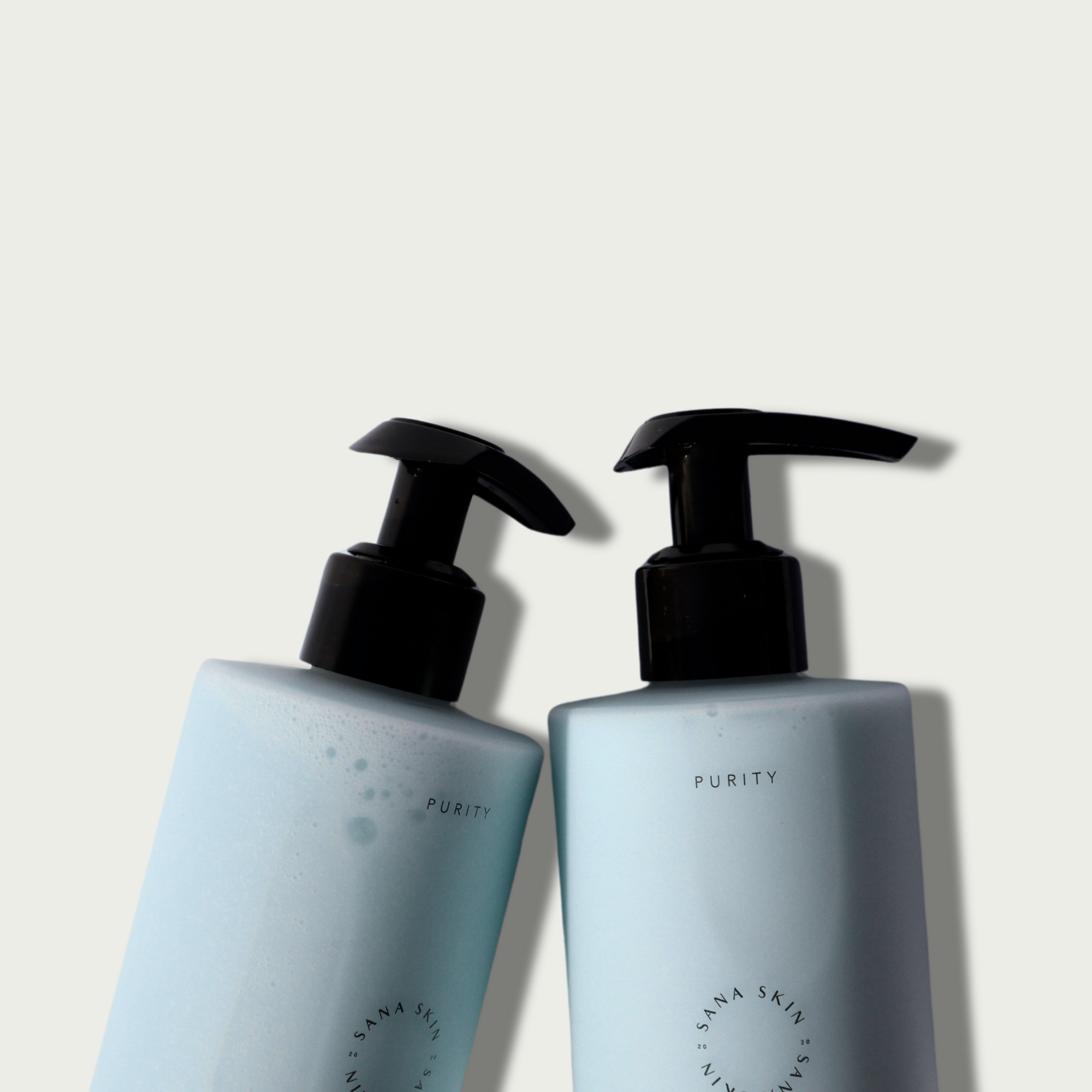
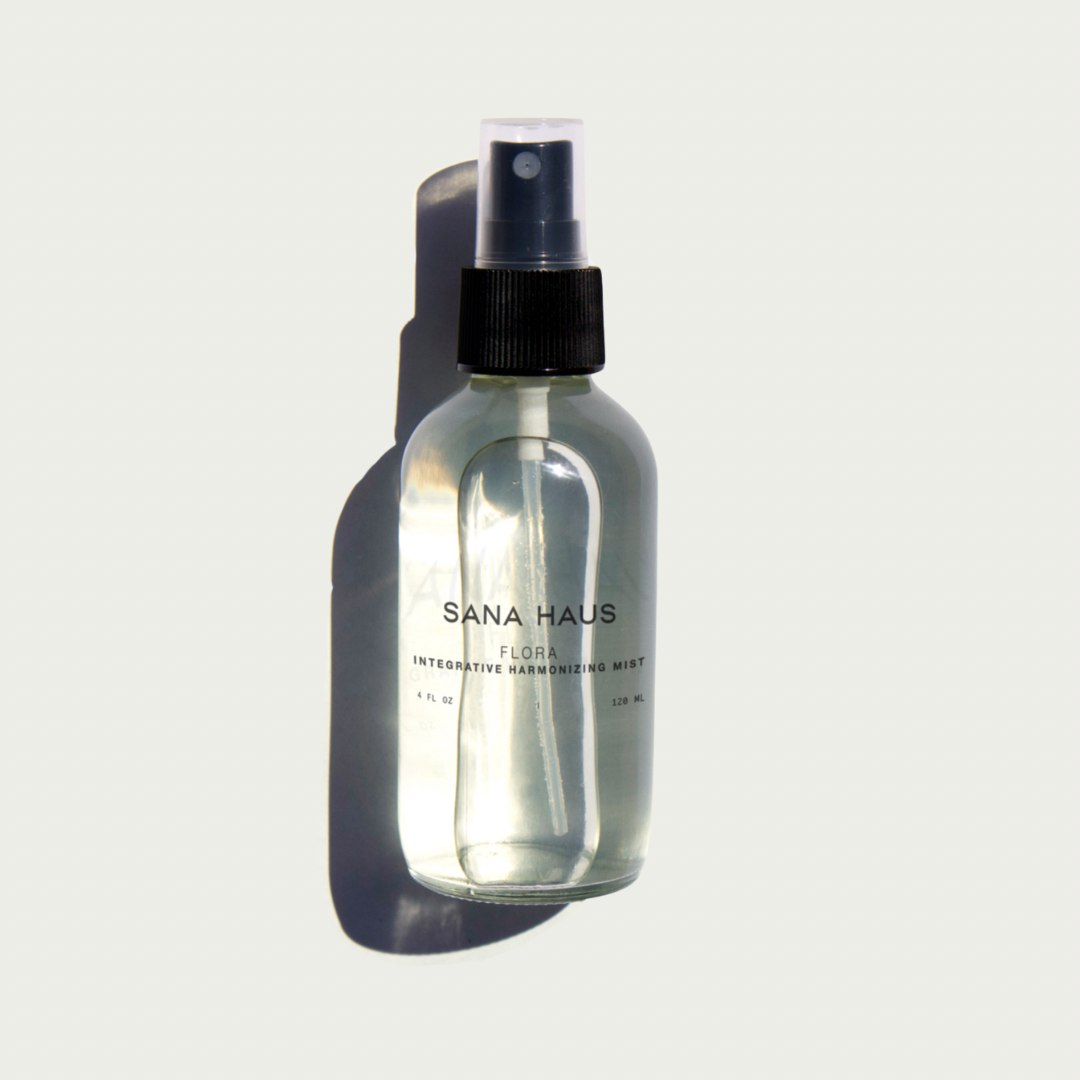
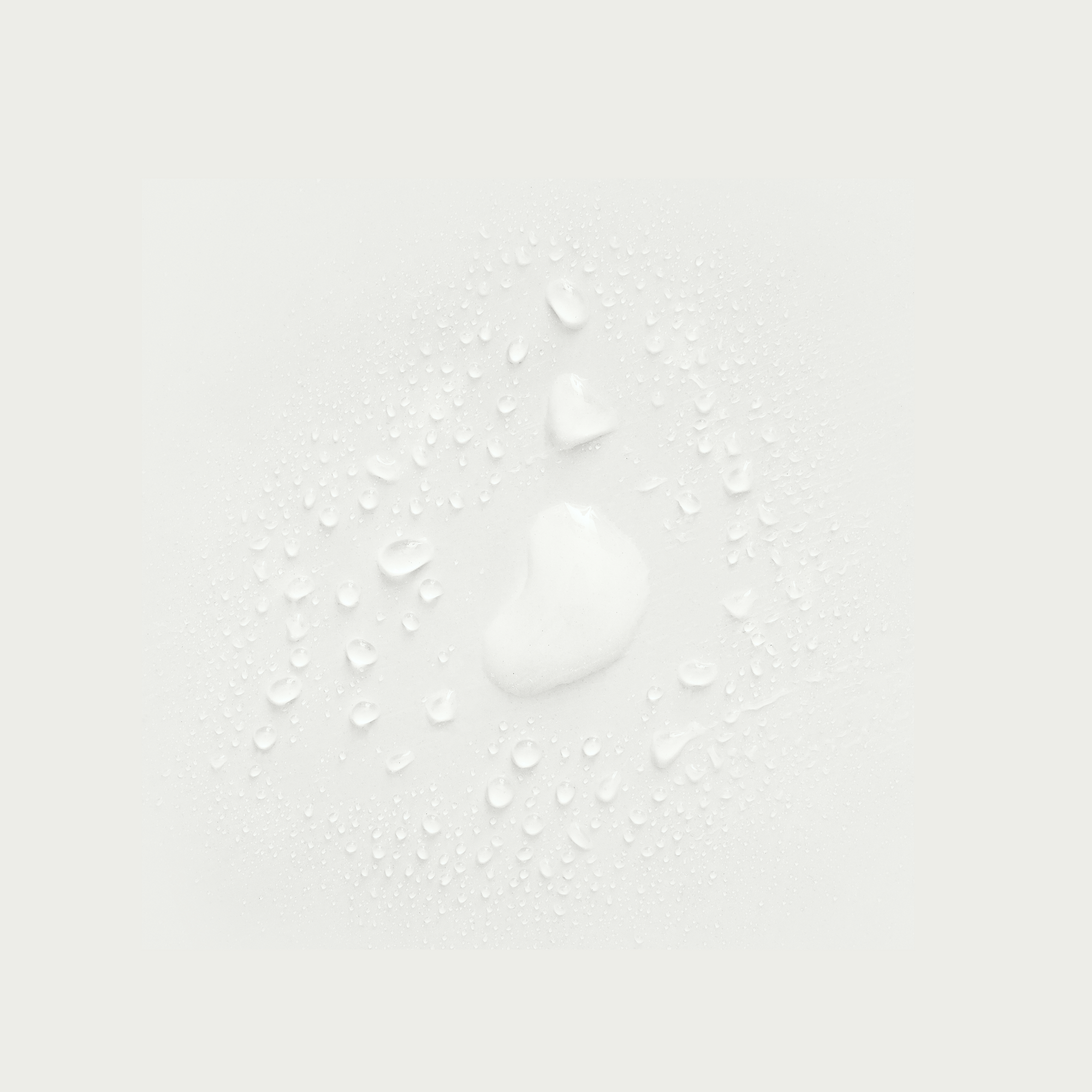
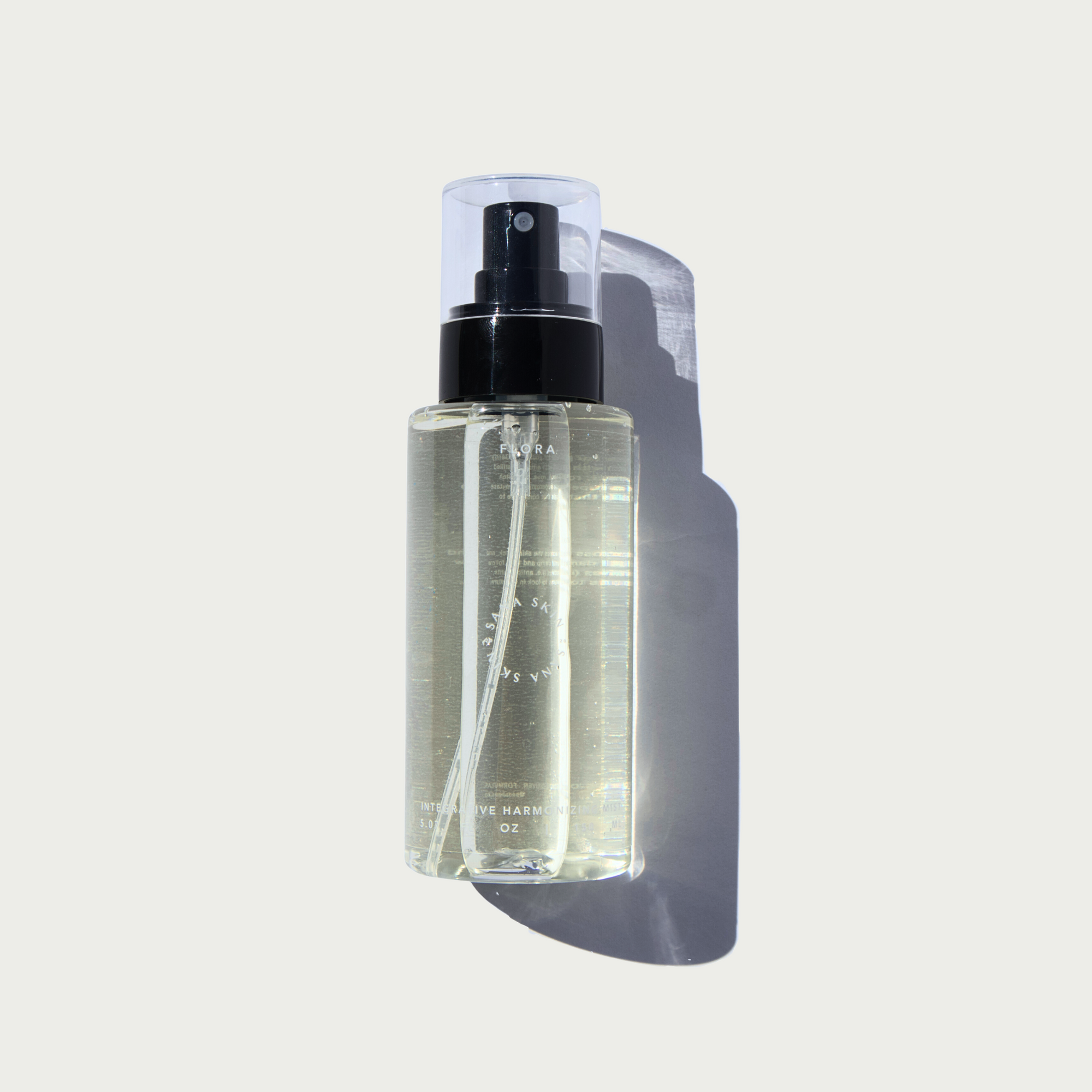
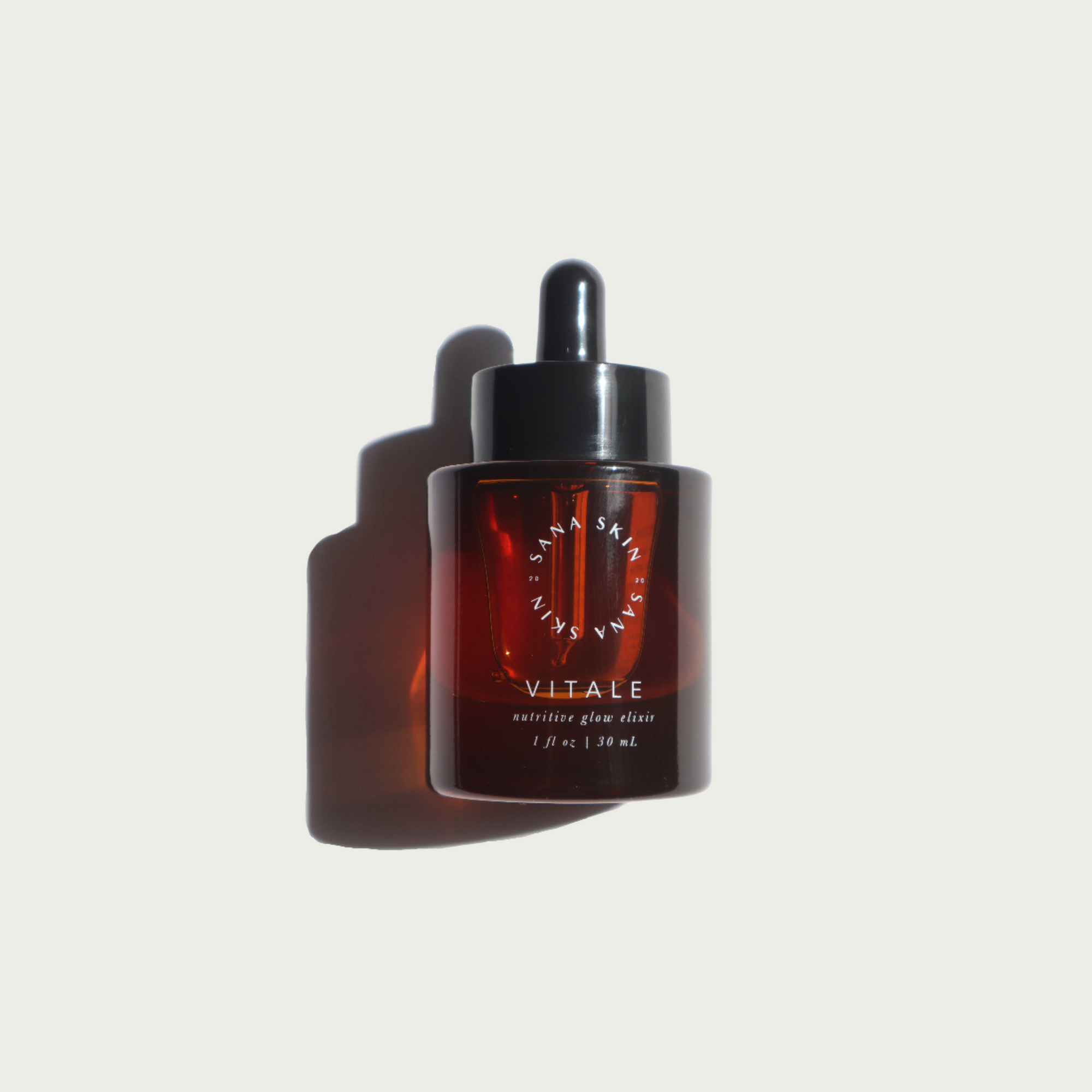
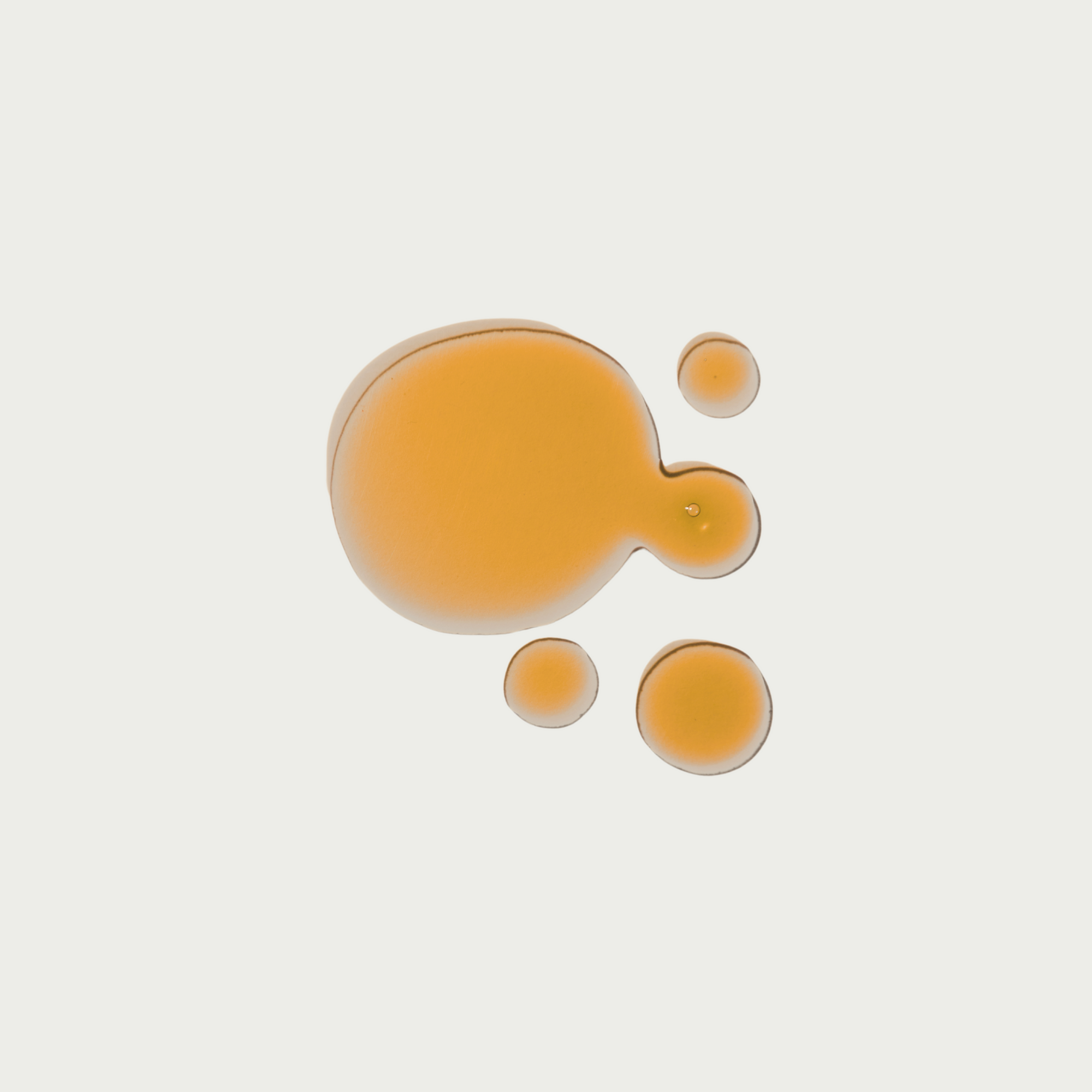
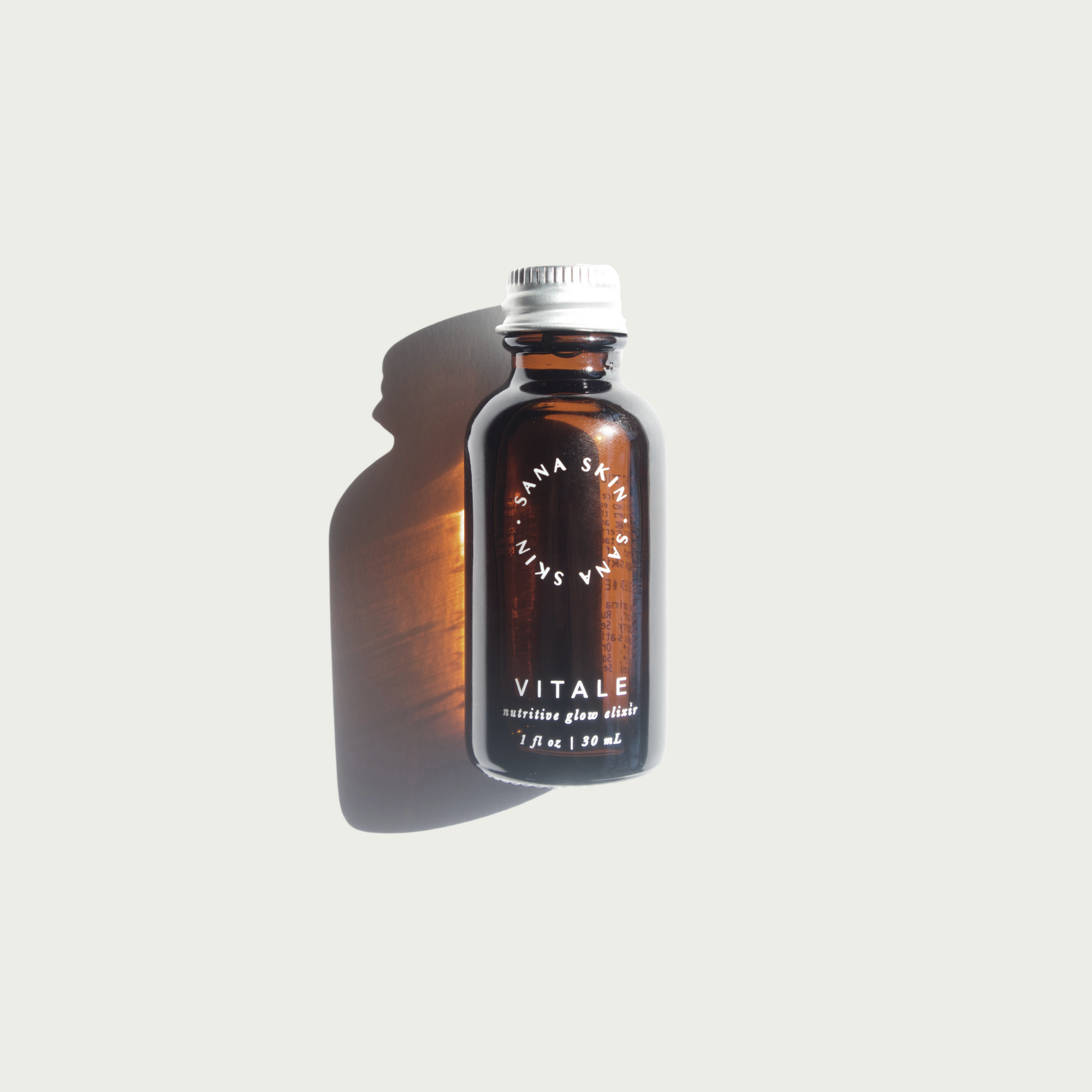
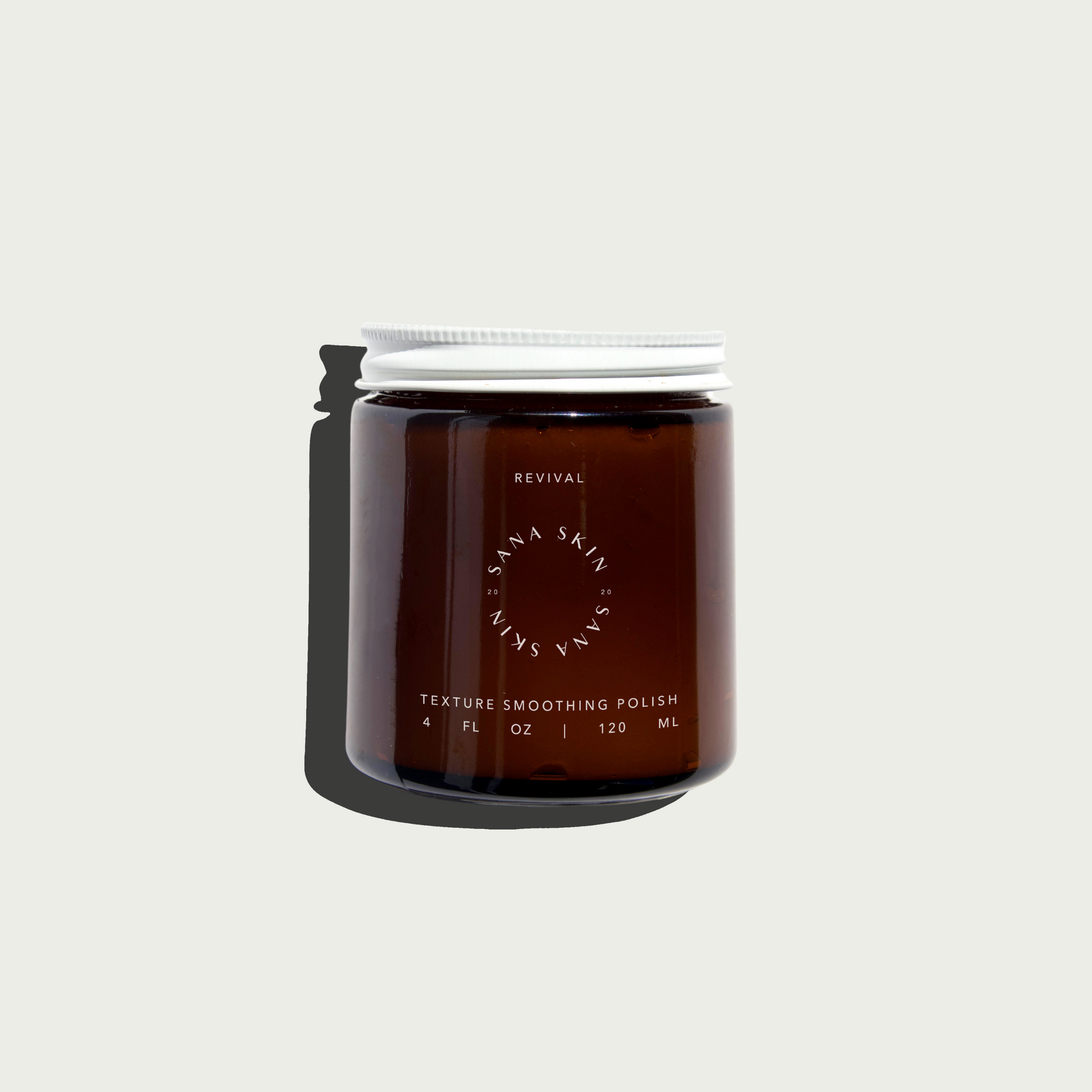
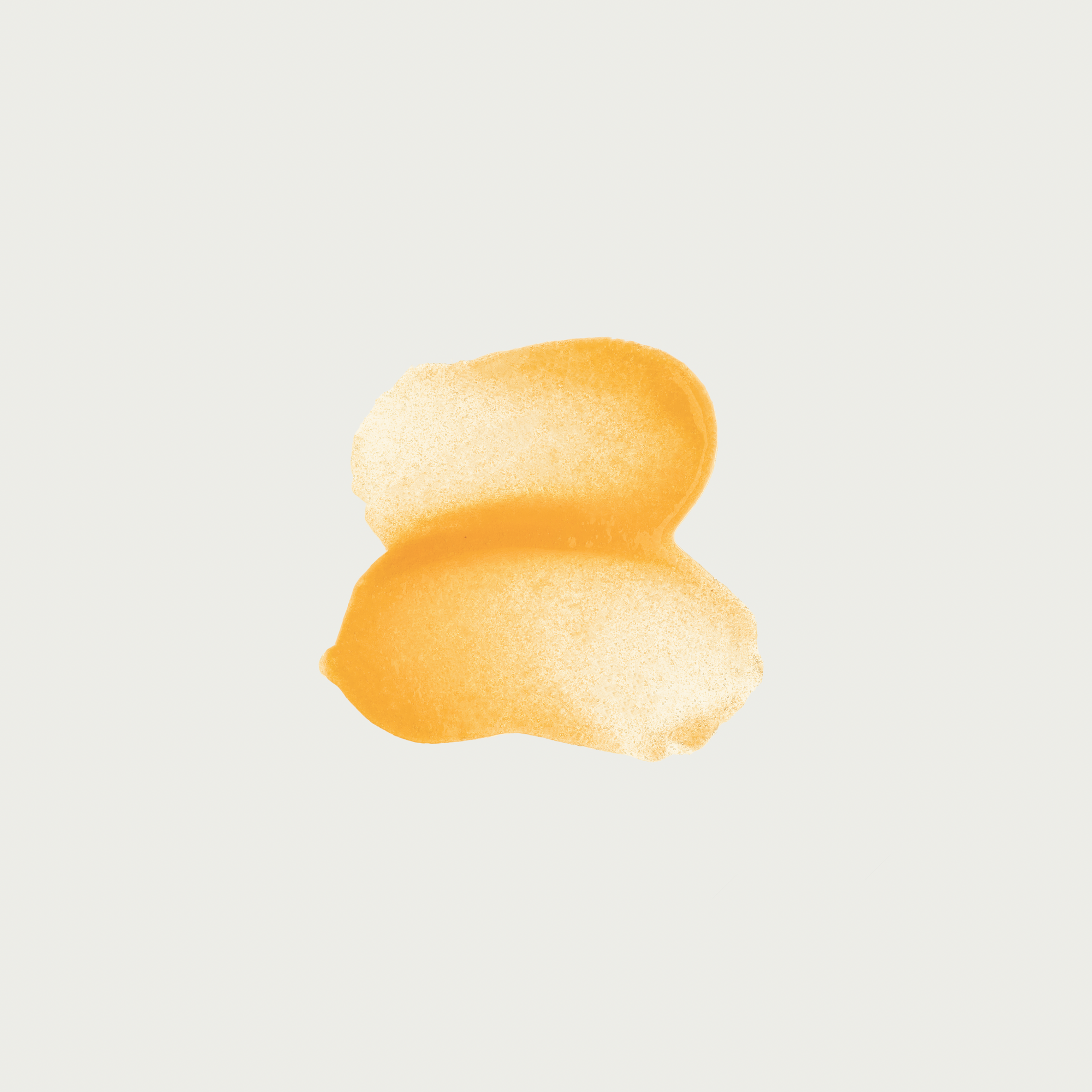
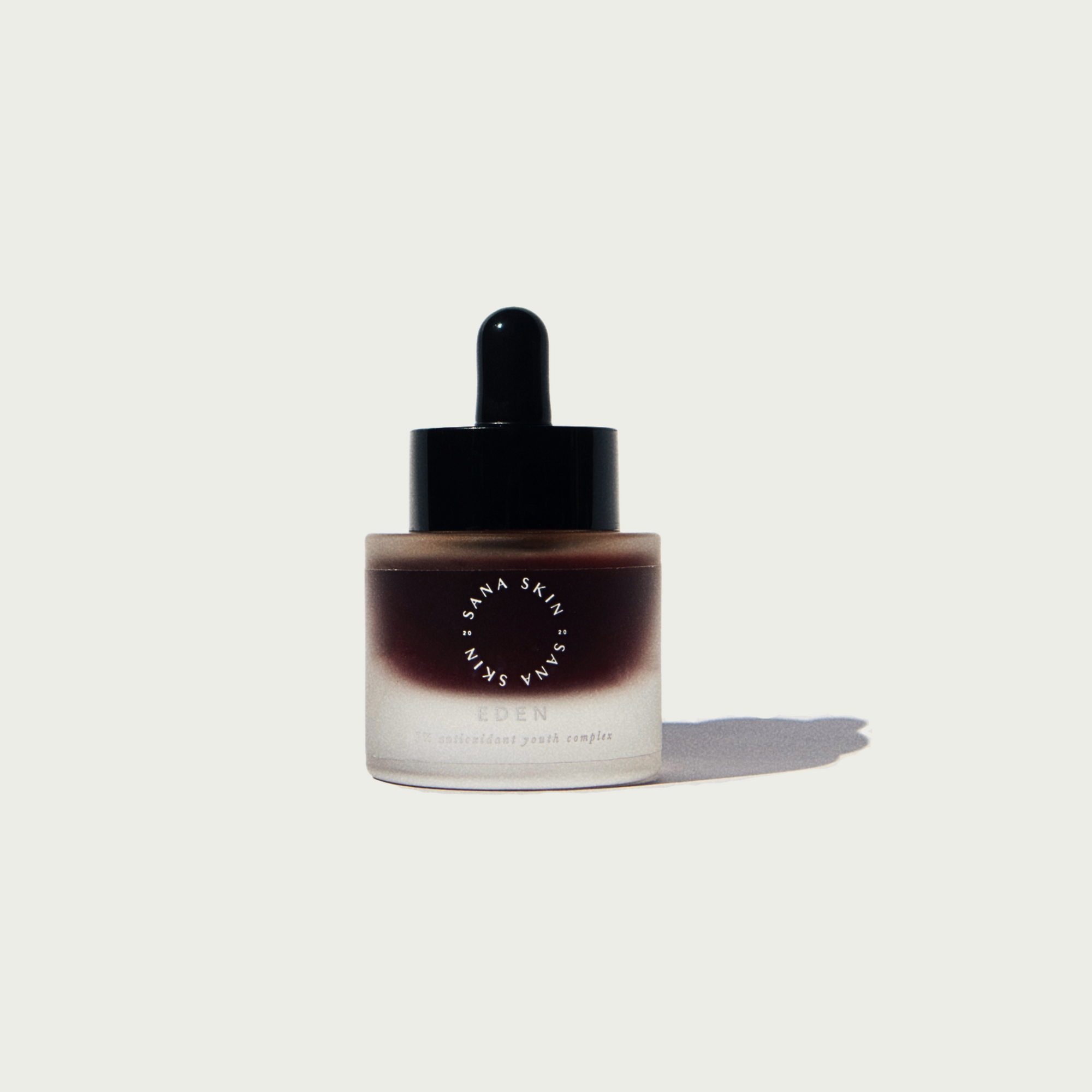
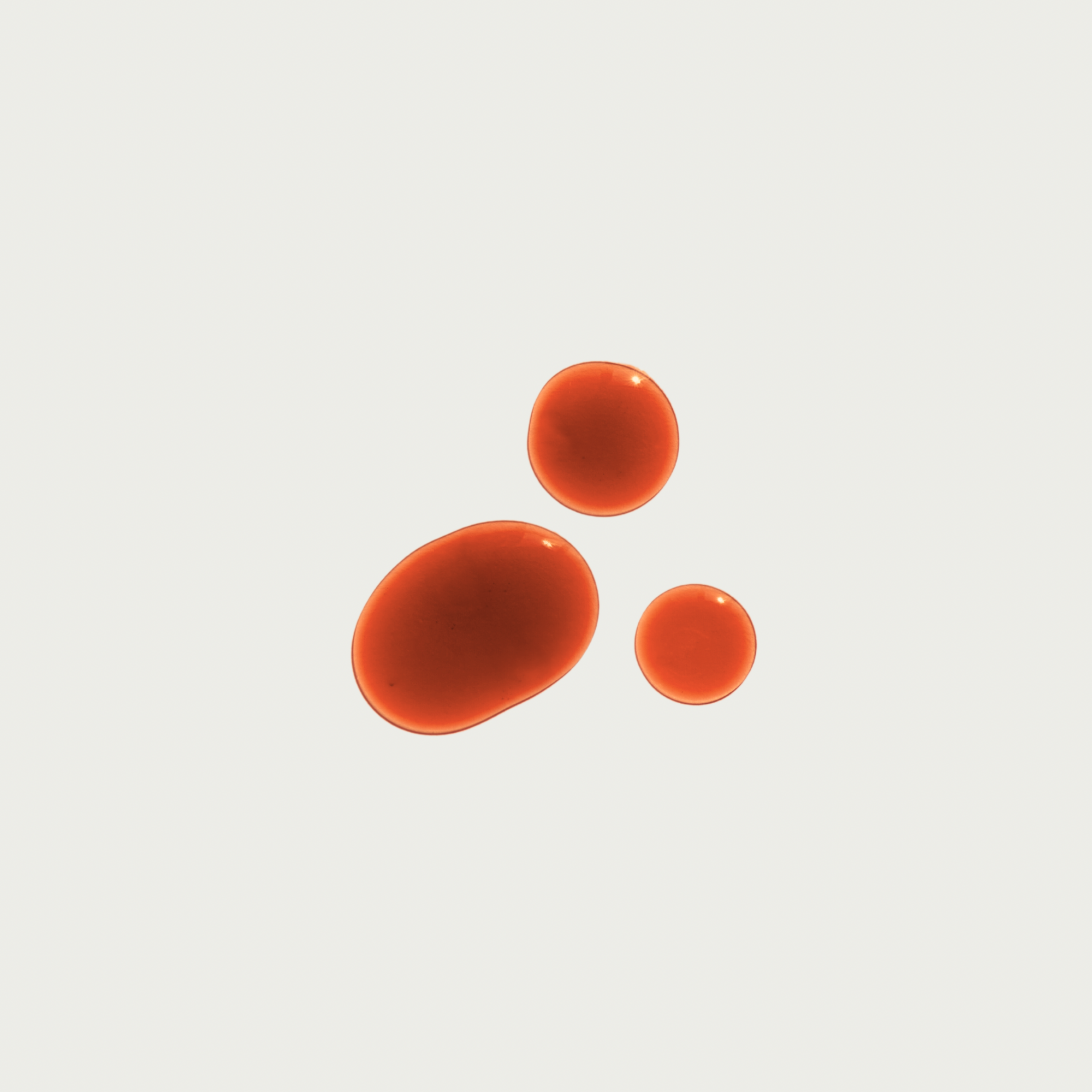
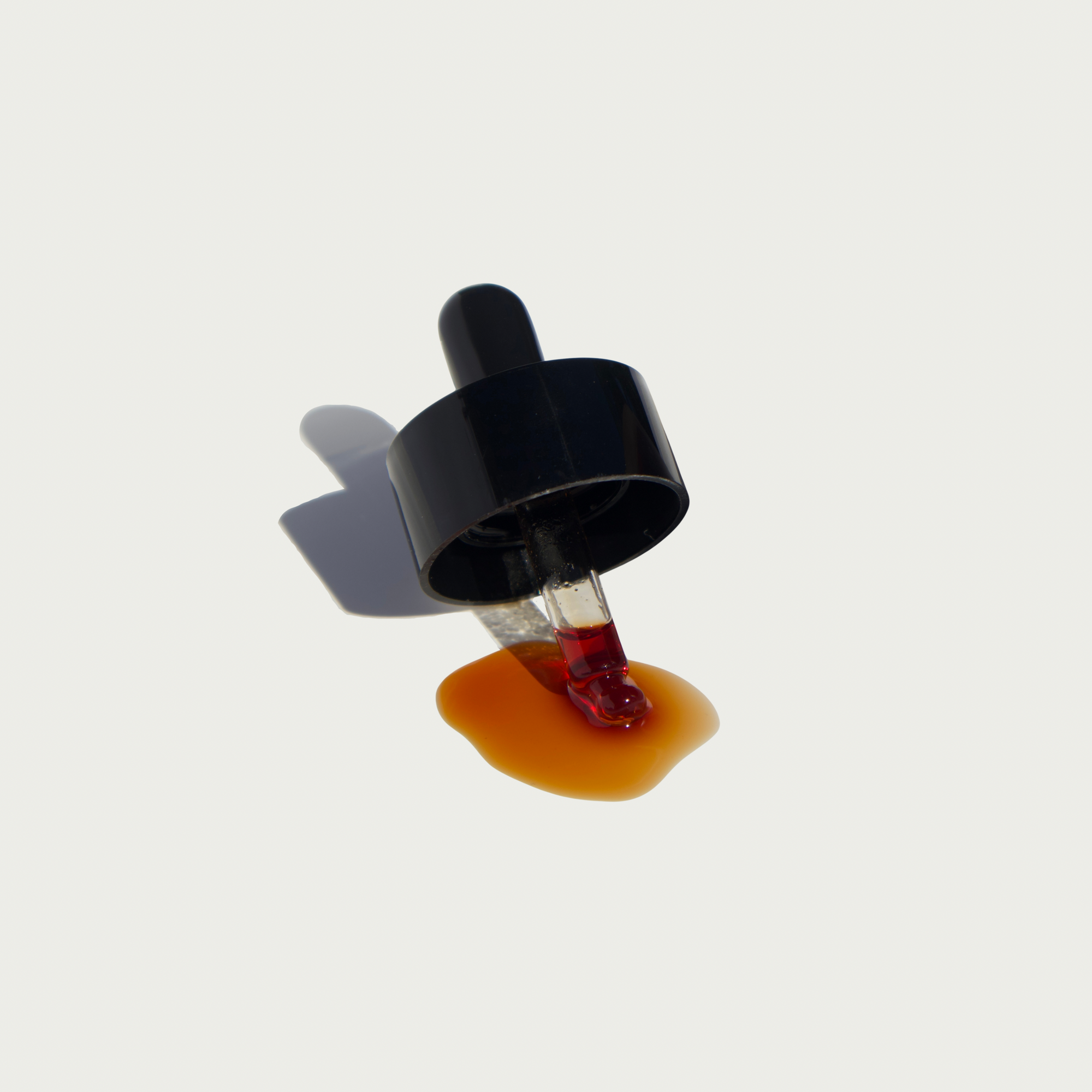
Comments
Hi @Courtney!
Thanks so much for taking the time to read! I’m glad to hear you enjoyed the article :)
While I do not personally recommend gua sha with beauty tools (like gua sha stones, jade rollers, etc.), you do need to use an oil! However, it’s a myth that oils are not safe for acne-prone skin. In fact, the right oils can actually be powerfully healing for acne, it’s all about the fatty acid composition of the oils you’re using. Most people are using or recommending high monounsaturated fatty acid oils (like jojoba oil, argan oil, castor oil, etc.) when these monounsaturated fatty acid-rich oils are actually highly comedogenic and disruptive to the skin’s natural protective barrier. On the other hand, oils rich in linoleic acid actually have an anti-acne effect. So, it’s all about the type of oils that you use! You can read more about this topic on the blog.
For gua sha and/or manual lymphatic drainage, I’d recommend using our very own Clarity Bioactive Clearing Serum or our Radiance Regenerative Cleansing Oil. Both are available here on our website!
If you have any other questions, please don’t hesitate to reach out via e-mail!
Sophia
Hi! I love this post. As a registered nurse it makes sense to me and all flows together. I also thought it was refreshing and an internal/natural explanation I haven’t heard before. I do have a question. I want to start doing gua sha/facial massage and do know you’re supposed to use oil. However, with acne, oil on the face is not recommended. Do you have any suggestions?
Thank you for all of this information it was really helpful to learn more about the lymphatic system. I have been googling it because I’m so desperate for help. I have acne on my face and started doing facial massages in August to try and help it. However I developed all sorts of acne from large painful cysts to clogged pores around my ears and under my jawline on my neck- places I didn’t have acne before. It is now just about November..I know you mentioned purging is likely but this seems extreme and it’s been so long. Would you recommend stopping and just focusing on exercise and heat therapy? Or should I keep going, maybe I am prepping my lymph nodes wrong..do you have a tutorial for facial massage? Any feedback would be helpful I’m losing hope! Thank you
Thank you so much it surely helped. I had lymph- modes removed with my mactectomy in 2010 and since then I’ve had trouble with acne.